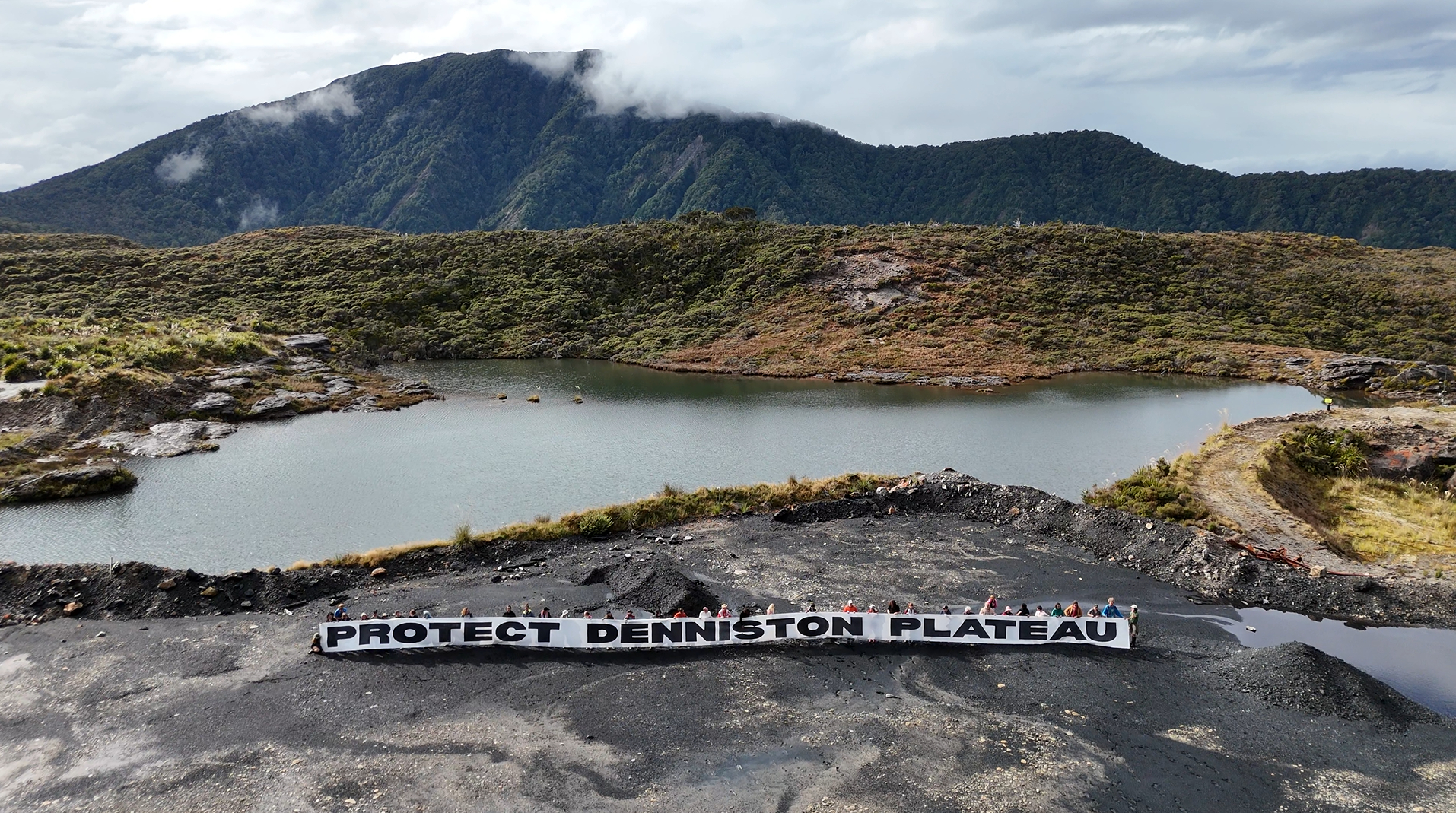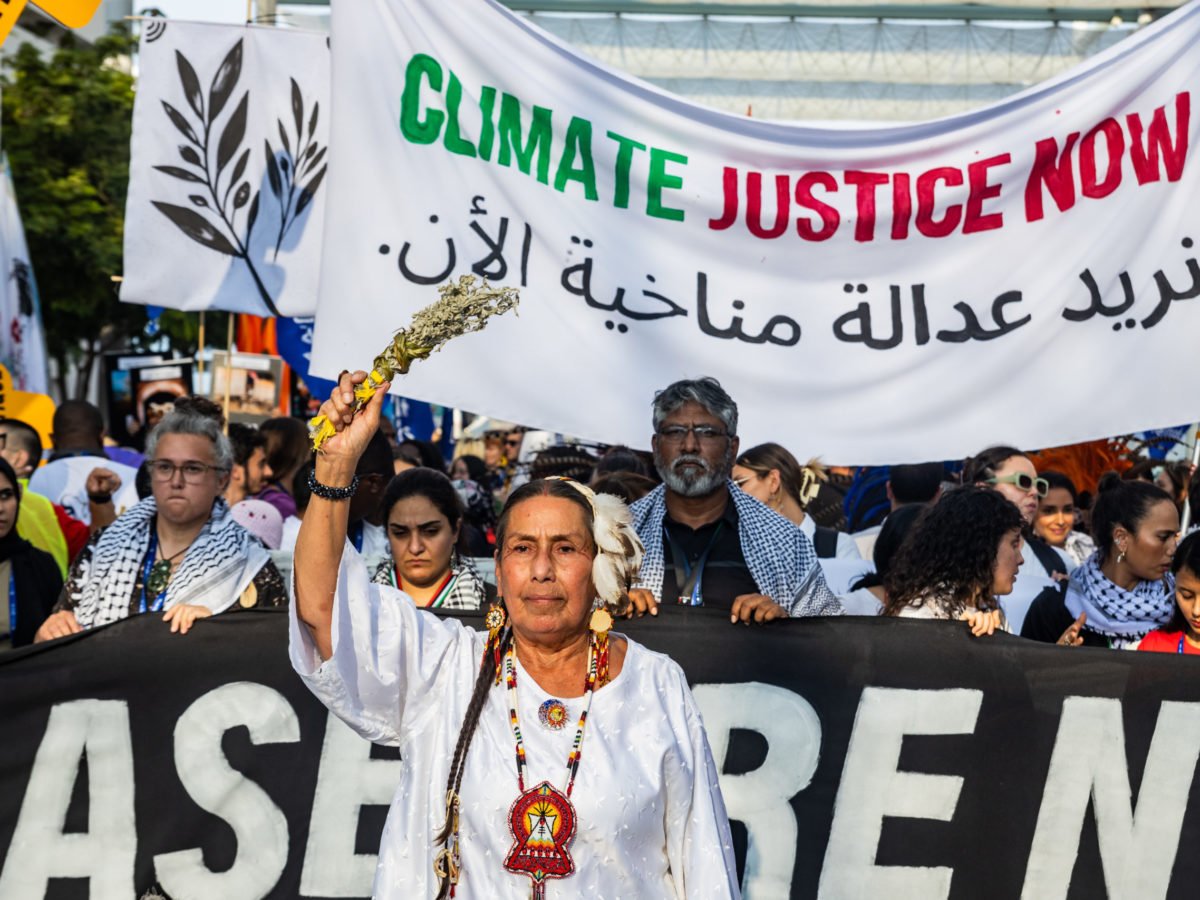In 2015 the world’s governments signed the Paris Agreement, a mostly non-binding agreement, with the goal of keeping the global temperature to no more than 1.5 degrees Celsius above pre-industrial levels as a means to mitigate the looming climate collapse. The crux of the plan was to redirect markets towards greener technologies and climate-conscious infrastructure, and to place responsibility for the strategy of each nation in its own hands. Those familiar with the Kyoto Protocol and the Emissions Trading Schemes established in its wake will likely be immediately sceptical. Previous attempts to wrangle the market into solving climate catastrophe resulted in accounting tricks and financial mechanisms that had the end result of almost complete pointlessness.
Here in Aotearoa, many felt this same scepticism when Green Party co-leader James Shaw, who cited Margaret Thatcher as a prophet on climate change in his maiden speech, announced the advisory He Pou a Rangi – Climate Change Commission (CCC) created as part of the Zero Carbon Act in 2019. That legislation’s existence can be seen as the result of years of grassroots activism on climate change, but, as is the nature of parliamentary politics, the proposed mechanism and targets had to be watered down to a level where they would be palatable to the majority of MPs. The same constraint applies to the foundational ethos of the CCC’s report discussed below.
The CCC is an independent crown entity set up to provide expert advice to the New Zealand government on strategies to reduce carbon emissions. In January 2021 the Commission released its first report, the Draft Advice to the government, released for open consultation. While purporting to simply offer advice on how to reduce greenhouse gas emissions, the CCC approaches this task within a particular dominant ideology, as is clear in its Vision Statement that identifies the ideal future as that of a “circular economy”; that is, the economic philosophy that strives for an uncoupling of economic growth and consumption of finite resources. This is about the closest we can expect within the confines of capitalist ideology to an admission that the profit motive is driving global warming.
Unsurprisingly, we find no discussion of the exploitative practices currently in place in acquiring the renewable resources that power the alternatives suggested in the report. It is tempting to get lost in the weeds of labour practices, supply chains and growth ideology, but we can still find ideas worth supporting in the report, and glean some insight into the ways the CCC asks the government to both enforce change and placate the entities responsible for the lion’s share of emissions. The shift in measurement method, for example, from consumption-based to production-based would provide consistency with both national and international forms of emissions measurement. That may also contribute to changing mind-sets from individualised consumption towards placing the onus on the producers themselves. And, as discussed below, while the CCC is far better placed to provide expert scientific advice than the average citizen, the working class itself has a huge stake in interpreting and challenging the effects of that advice’s implementation.
The report quickly acknowledges that the Emissions Trading Scheme will not be sufficient in reducing the country’s emissions, contrasting the ETS with “action”, an implicit recognition that the ETS is anything but ‘action’. Continuing to acknowledge past failures, focus is given to avoiding ecological racism: “To achieve this, we need to understand that all things are connected: the people, the land, the atmosphere, the oceans. This connectivity – material and non-material – is central to Te Ao Māori. It is also essential to understanding how to guide a transition that is fair and equitable for people and the environment.” A simple acknowledgement, but certainly a necessary one. The report proceeds to acknowledge the need for rangatiratanga and kaitiakitanga, though the sections explicitly covering Māori workers suggest this likely means consultation with Māori politicians and the capitalist upper strata within iwi.
When the report wraps up its broad sweeping statements, it asserts that current targets set by the Zero Carbon Act are insufficient if Aotearoa is to achieve net carbon neutrality by 2050, and so offers new budgets broken down into three mini-budgets, mapping out the course from now to 2035. In short, the budget would see a reduction in carbon dioxide of roughly one third between now and 2035, or Aotearoa would be consuming carbon dioxide equivalent to roughly 100 million barrels of oil per year by 2035.
Broadly speaking, the plan is a one-two punch: decarbonise the existing worst culprits as is feasible in the short term, and create a carbon sink as large as possible to effectively cancel out the emissions that remain. That decarbonisation involves phasing out coal and gas use, accelerating electric vehicle uptake, reusing waste and capturing biogenic gasses from landfills, and the “controversial” adjustments to agricultural practices. Alterations to farming include general efficiency solutions, such as lowering livestock numbers but enhancing the productivity of that livestock – with an emphasis on maintaining profitability – as well as somewhat pie-in-the-sky solutions such as long-term selective breeding and methane inhibitors for livestock.
On the other side, the carbon sink to be established for offsetting remaining emissions involves assumptions that native deforestation will not occur beyond 2025, and expansion of native and exotic forestation on “less productive land”. We are looking at roughly 300,000 hectares of new native and 380,000 of new exotic forest.
There are some worrying contradictions. What is being described would require a colossal shift in labour allocation, while the report largely suggests that the government nudges markets in the directions required. An unconvincing passage in the report states:
“Young New Zealanders will need to be set up with the skillsets needed in the future, and workers that might be affected by business closures will need to be supported to upskill. The education system will also need to be more flexible, and address barriers that restrict all New Zealanders from participating in education and training – particularly for Māori. Setting workers up with skillsets needed by the labour market will allow them to pursue their interests, improve their employability and wages, allow them more autonomy in the workplace and enhance their overall wellbeing. For businesses, having employees with the skills and capability to innovate will encourage new ideas and technologies. This will help businesses realise opportunities from the transition and soften any potential competitiveness impacts. Aotearoa is known as a country of innovators and problem solvers. Being an early mover in researching new technologies and adopting existing technologies will benefit not just the climate, but the economy and wellbeing of New Zealanders. This is particularly true in sectors where Aotearoa is traditionally innovative, such as agriculture.”
Here we see a recognition of the intergenerational low economic status of the majority of Māori, and that we cannot solve the looming ecological crisis without eliminating that oppression. However, the solutions provided are to eliminate barriers to tangata whenua becoming more useful to capitalism. This thinking veers into the absurd as the report suggests that the economic transition could result in higher unemployment for Māori as the rates for projected job gains and job losses overlap: “Our analysis suggests that 18-25% of those who gain jobs from the transition would be Māori, while 13-21% of those who lose jobs from the transition would be Māori. Māori in the workforce would see more job gains than job losses across all three emission budget periods.” This tenuous rationale does not inspire much hope. The lip service offered for rangatiratanga and mana motuhake are insulting in juxtaposition to discussion of iwi under-resourcing and compounded disadvantages upon Māori, as no iwi resourcing or land return is actually advised.
The last couple of decades have shown us that oil and gas lobbies, and capitalists in general, are investing huge amounts of money in influencing legislation to ensure that the companies that are currently profiting under the status quo will continue to do so. Meanwhile, those same companies are pouring research and development funding into projects that will ensure their profitability in the future of renewable energy. The message here is clear: under capitalism, progress is only permitted to occur if it is profitable. The “circular economy” zealots paint a zero-waste and full-employment future in Aotearoa, while ignoring the plight of workers in the Democratic Republic of Congo undergoing forced labour to mine cobalt or the problems of lithium mining. This eco-nationalism expects the country to rally in support of the growing wealth of New Zealand capitalists, rather than identifying the international proletariat’s class interests.
None of this should be terribly surprising. A technocratic lens, even one purporting to protect the marginalised, rather than a class lens was always going to return a deeply nationalist report, attempting to harness prevailing thought of Aotearoa as forward-thinking, innovative and clean green. This is certainly not the first time we have had to contend with the rise of Kiwi eco-nationalism defending the “clean green” marketing image. However, unlike in the heyday of anti-nuclear activism, the present moment sees the dominance of neoliberal capitalism where profits are privatised while costs are socialised. The existing hope of change seems to lie in youth movements such as the School Strike 4 Climate and Extinction Rebellion.
Many of the suggestions offered in the report would be undoubtedly beneficial. That said, a report led by Rod Carr, an ex-banker and former Vice-Chancellor of the University of Canterbury, was never going to be radical. But the problem goes further. Even if the final report is improved after consultation, there is a question mark over whether the Labour government will adopt the advice in full or buckle under the pressure of the business community. After all, Labour chose not to implement the advice in 2019 of its Welfare Expert Advisory Group to raise benefits.









